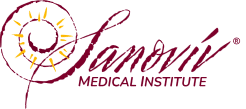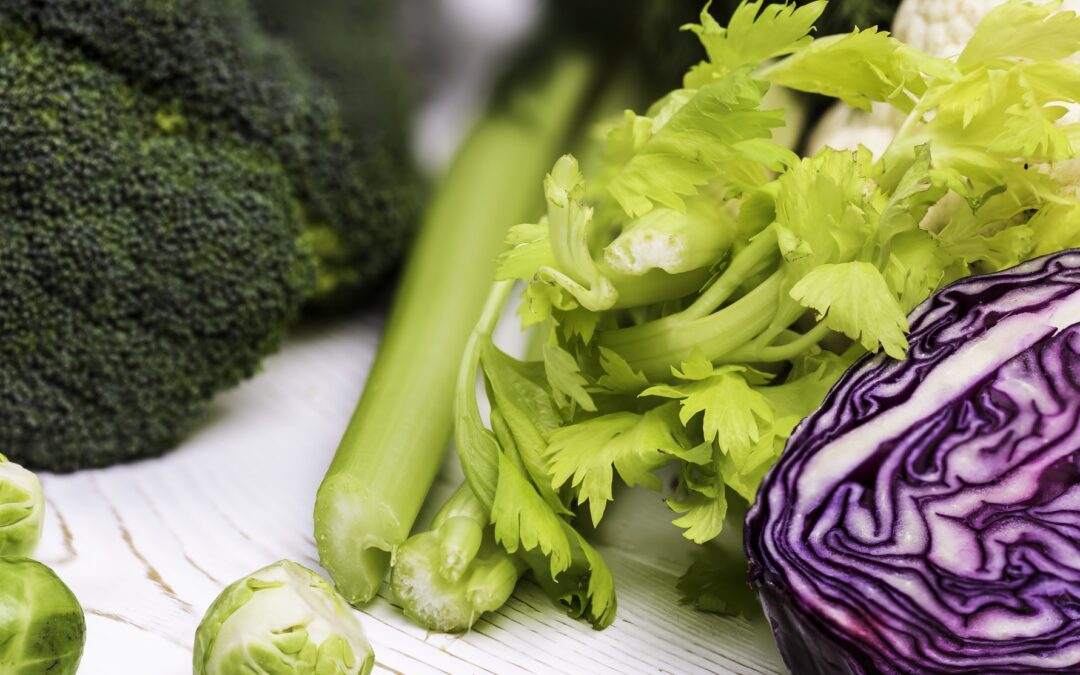Many people today are confused about diet, especially when it comes to cancer prevention and cancer recovery. The “sugar feeds cancer” concept has caused many to avoid fresh fruits and other important nutrient-dense foods such as whole grains and other beneficial complex carbohydrates. Whether you want to prevent cancer or support cancer recovery, there are many whole foods that you should consider including in your daily diet. Here are some tips for creating a powerful eating plan.
Eat a Whole Foods Diet for Cancer Prevention
This is essential for promoting better health and preventing cancer. Begin eliminating processed, convenience, and fast foods. A whole foods diet includes abundant vegetables, fruits, lean poultry, wild-caught fish, beans, nuts, and seeds.
Reduce Red Meat
If you eat red meat, limit portions to four ounces and have once or twice a week. Choose grass-fed, wild, or organic meat and pair it with two servings of colorful vegetables.
Add Flax Seeds to Your Diet
Add 1-2 tablespoons of freshly ground flax seeds to a smoothie, soup, or salad. Flax seeds are high in a substance called “lignans,” which are known for their ability to help prevent viral, bacterial, and fungal infections. Ground flax seeds also provide essential Omega-3 fats and are an excellent source of fiber. Flax lignans are excellent for cancer prevention and may inhibit the spread of cancer.
The Best Vegetables for Cancer Prevention – Crucifers
Power up with cruciferous vegetables. There has been abundant research showing the anti-cancer properties of vegetables such as broccoli, cabbage, Brussels sprouts, cauliflower, kale, collards, radishes, and turnips. The sprouts of certain crucifers, such as broccoli, contain 10-100 times higher levels of the cancer-fighting substance sulforaphane, so consider broccoli sprouts 3-4 times a week.
Eat Glutathione-boosting Foods for Cancer Prevention
Glutathione is our body’s premier internal antioxidant and is important for cancer prevention. Asparagus is the best source of glutathione, but many other foods boost our body’s ability to produce it naturally. Avocado, cilantro, spinach, garlic, eggs, and un-denatured (cold processed) whey protein (from grass-fed cows or goats) are known to improve glutathione production. Eating two Brazil nuts daily effectively increases selenium, an important trace mineral for glutathione production and cancer prevention.
Consider Eating Bitter Greens Regularly
Bitter greens include watercress, mustard greens, romaine lettuce, arugula, escarole, chard, and kale. Dandelion greens are one of the best choices since it is the best food for the liver. Dandelion greens promote the flow of bile and have anti-tumor effects. The roots and leaves have traditionally been used to support liver function in cancer patients. Add bitter greens to salads or smoothies.
Eat Fruits
All fruits have healing properties, especially berries. Choose organic blueberries, blackberries, elderberries, raspberries, cranberries, and strawberries. Berries are nutrient-dense and packed with antioxidants, fiber, and potent phytonutrients that can help improve health and fight cancer. Cranberries can inhibit tumor growth.
Citrus is also beneficial for optimal health. Grapefruit boosts cancer-fighting liver enzymes and improves detoxification. Citrus peel contains some of the most anti-cancer, liver-protective substances called terpenes. Mince the peel of lemon, lime, grapefruit, oranges, and tangerines, and sprinkle over salads or use in smoothies.
Bone Stock is a Healing Food
Bone stock is gaining popularity, although it is a traditional food. Use bone stock to make soups, or add it to rice and steamed vegetables. This healing food is excellent for the immune system, digestive tract, joints, and bones. If you make homemade stock, purchase only organic bones from healthy, humanely raised animals.
Most natural health practitioners agree that sugar is a key driver in the development and progression of cancer. But don’t discard cancer-fighting fruits (listed above). Consume these powerful fruits moderately and as part of balanced meals. The same goes for grains, which can feed beneficial gut flora and provide fiber. Most important is controlling your blood glucose and insulin levels through a balanced diet, herbs, supplements, exercise, and meditation. This is one of the most important components of cancer prevention and recovery.
Sanoviv has programs for cancer prevention and cancer treatment.

